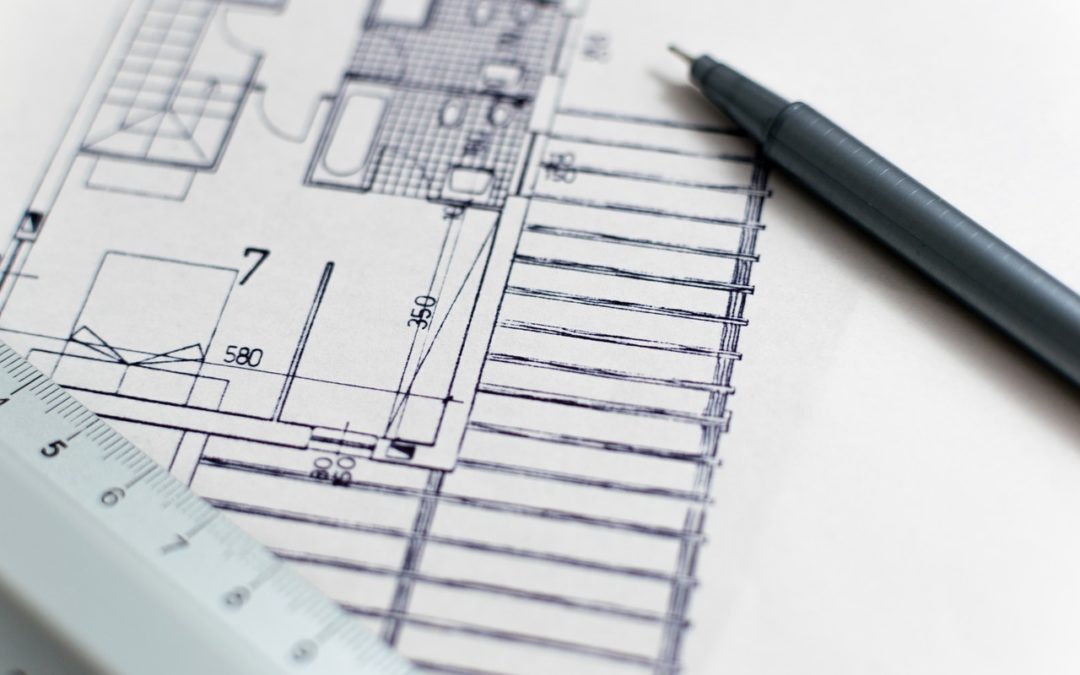Many people wonder about how to buy a new construction home. What makes it different than by an existing home? First, you’re buying from a builder, not a homeowner. Because of this, the process won’t be the same. If you’ve decided to build a home, here are some things to know before you start the journey.
Find an Agent with New Construction Experience
You’ll want to partner with a real estate agent that has experience in new construction but is not affiliated with the builder. If you visit a model home, you are likely to come in contact with agents, but they have a relationship with the builder. You want to have an agent that’s independent and working for your best interests.
An agent with new construction expertise can help you structure your offer the best way and advise on other critical issues that could impact the purchase of the home.
Negotiation Requires More Effort and Creativity
Builders are not in the practice of dropping prices. However, you may be able to negotiate on other factors like closing costs and upgrades. Instead of dropping the price, they could agree to do either or both of these.
Builders are often reluctant to negotiate on pricing since future buyers in the development may expect similar discounts. Thus, they are often more likely to negotiate on the back end with closing costs or upgrades.
Everything Should Be in Writing
Don’t sign any paperwork until everything has been negotiated, agreed upon, and written into the contract. If the home is not complete, then it’s essential that its completion with deadlines be worked into the contract. Verbal agreements are not binding—those in writing and signed are. Protect your interests by leaving nothing to chance.
What You Saw, Isn’t Always What You Get
If you buy a new construction home, be prepared that it may not look exactly like the model you saw. The fit and finish of the model home may not represent what comes standard. Often the model home reflects a mix of standard materials and fixtures, as well as a handful of upgrades.
Upon your initial tour of the model, determine what’s standard and what’s an upgrade. Be sure that you know what each finish will be in each room so there are no surprises.
Keep in mind that costs can change with upgraded finishes. The price quoted at the start may not be the same when you decide to move forward.
Research the Builder
Search online for reviews, testimonials, and news about the builder. The reviews may not be a complete picture of the company, as most will have very happy and some unhappy customers. Consider how long they’ve been in business and how many homes they’ve built as a sign of their reliability.
Get a Guarantee
You are buying a home that is not completed. What guarantees do you have the home will be ready on time? Your purchase agreement documents specify a completion date. However, many builders add provisions that make the completion dates dependent on permit approvals or availability of building materials. Delays can also occur if your lender isn’t ready. Ask your agent to notate in the agreement what happens in the event of a delay on either side.
Find Out What’s Covered Under Your Warranty
Many new homes come with a warranty from the builder; however, not all warranties are created equal. Read the warranty and ask questions about what is covered. Plus, there will be separate warranties for products like windows, doors, and appliances from the manufacturer. The builder should provide details on which part of the home is covered by which policy.
Hire a Closing Firm to Buy a New Construction Home
When you buy a new construction home, you’ll need an attorney to complete the closing. Because these types of purchase are between builder and buyer rather than seller and buyer, there are nuances. You should work with an attorney that understands these and will make the transaction as smooth as possible.
Moore & Alphin is just the firm of real estate attorneys to help you with you new construction home in the Raleigh. Contact the firm today to learn more about new construction closing services.

